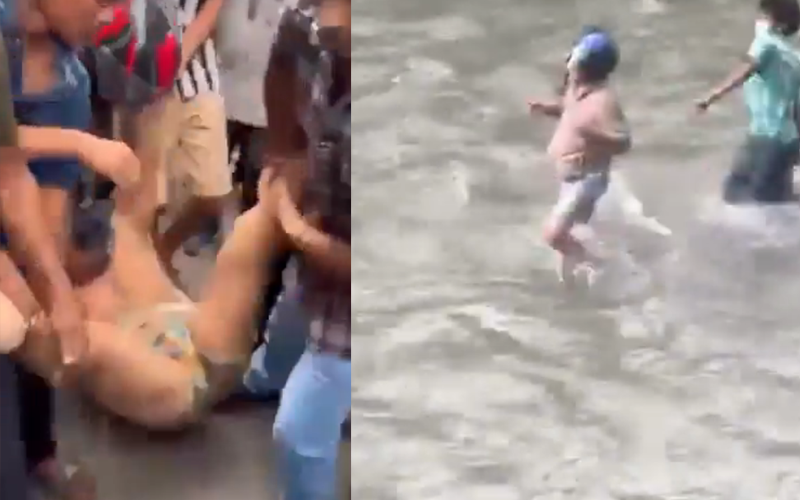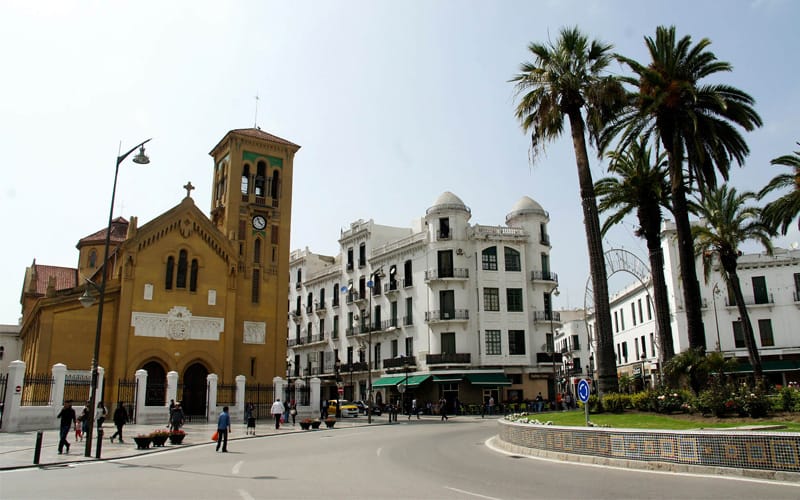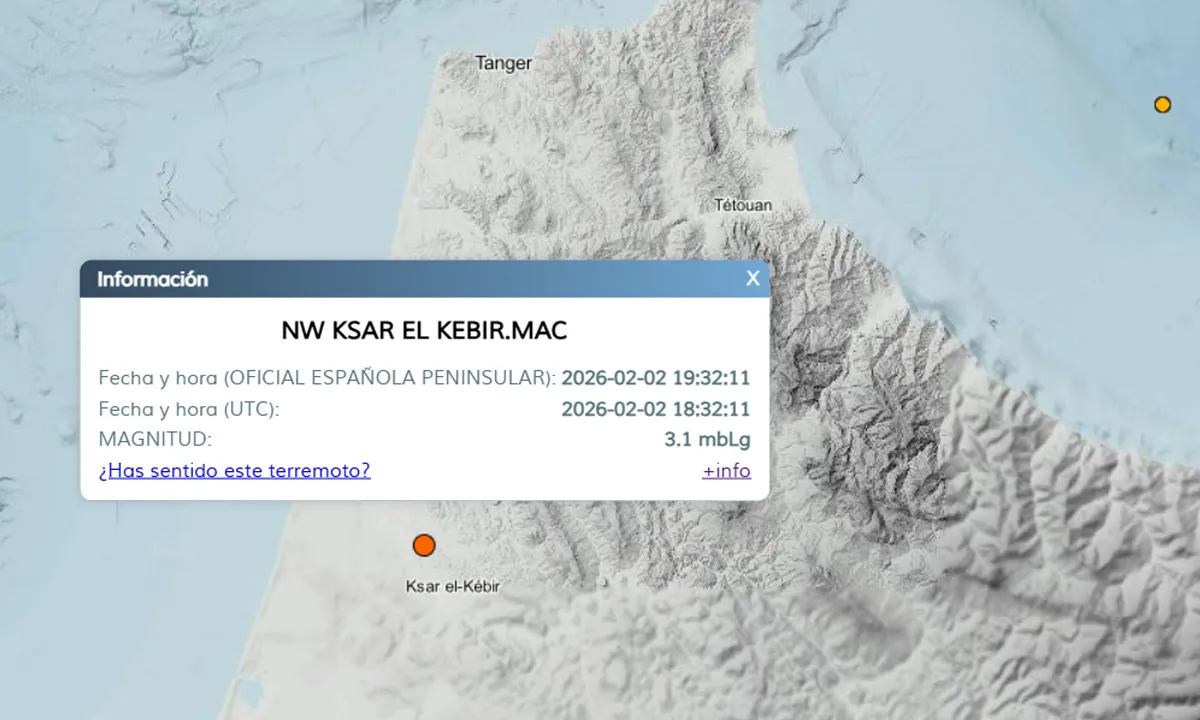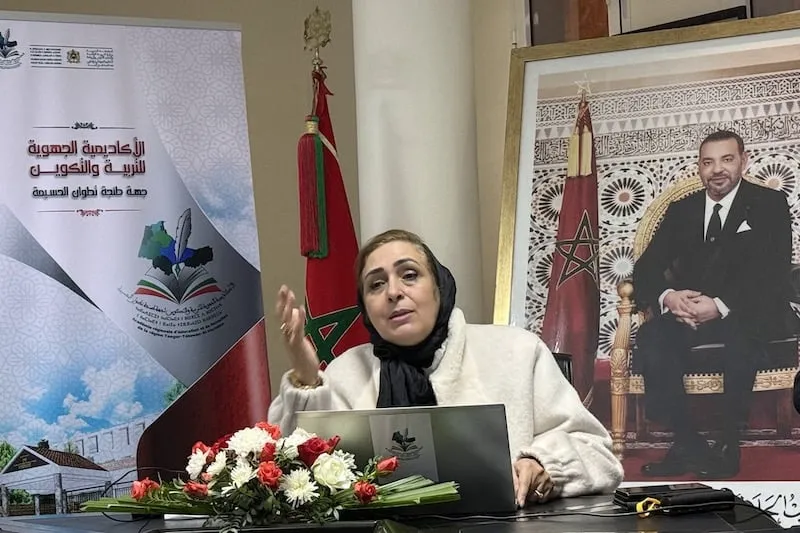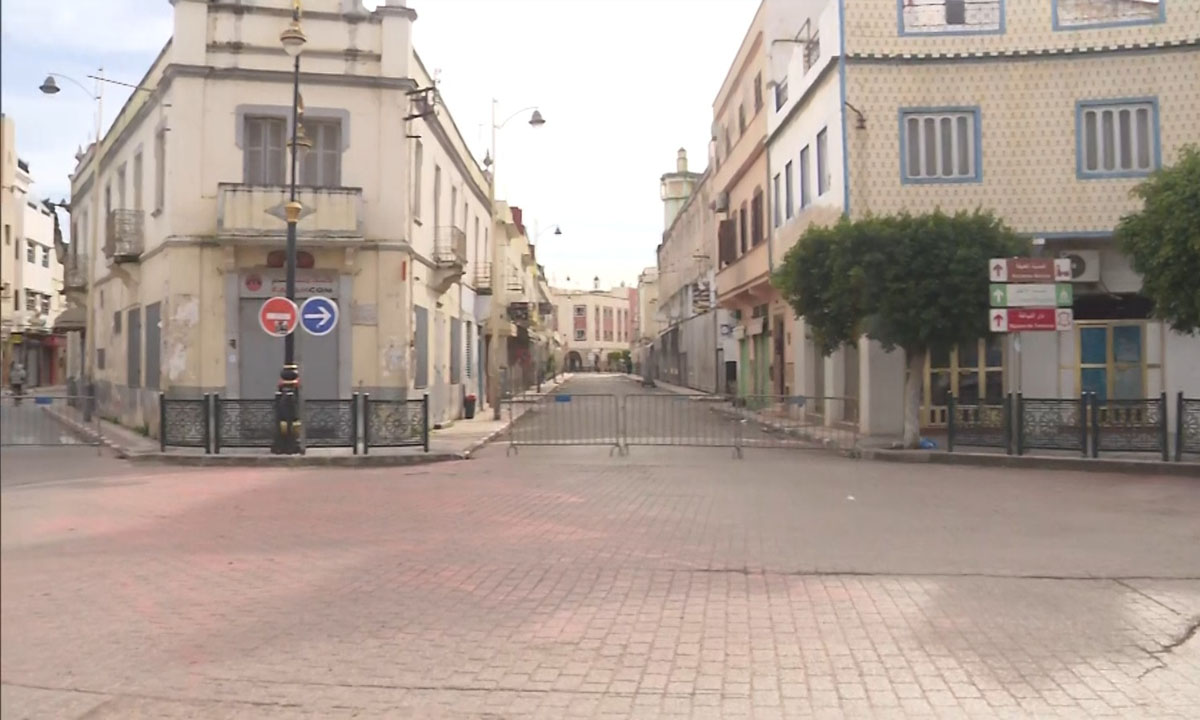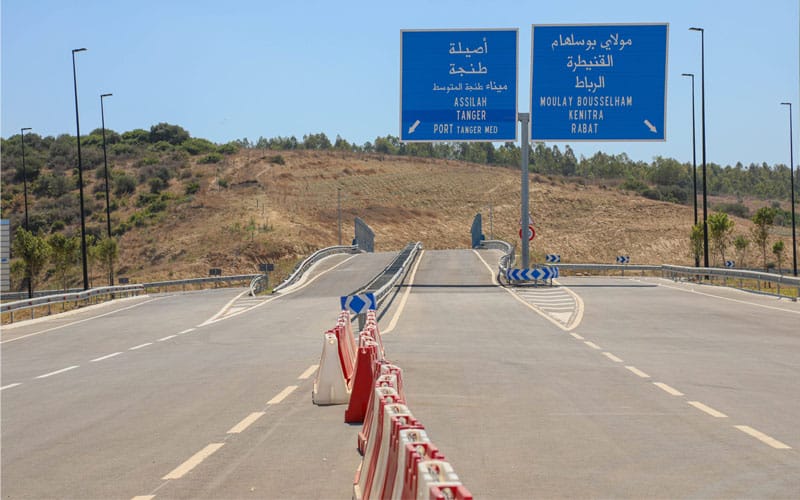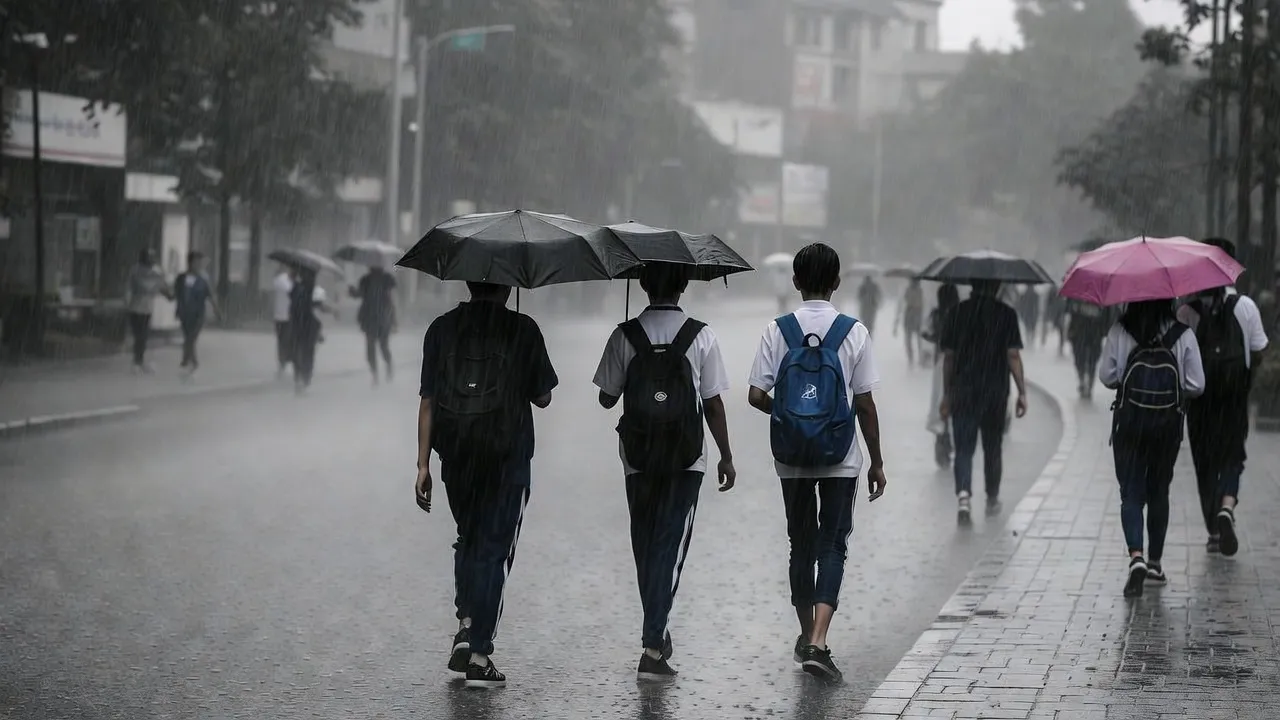Nepal has recently experienced a wave of political and social turmoil, marked by youth-led protests against corruption and a ban on social media, resulting in the resignation of Prime Minister K.P. Sharma Oli’s government.
Reports indicate that these protests have led to 19 fatalities and hundreds of injuries, prompting the United Nations to call for an investigation into the excessive use of force by security forces. Shocking footage circulated on social media shows Nepal’s Finance Minister Bishnu Paudel being physically attacked by demonstrators in Kathmandu, highlighting the severity of the political crisis.
Former Prime Minister Sher Bahadur Deuba and his wife, current Foreign Minister Arju Rana Deuba, also faced a similar attack at their residence.
These protests reflect the rejection of government policies by Nepal’s Generation Z, particularly a temporary ban on social media platforms like Instagram, which they perceive as an attempt to silence their voices. Demonstrators are demanding immediate solutions to pervasive corruption and chronic economic crises, shouting slogans such as “Enough is Enough” and “End Corruption.”
In response to the unrest, Prime Minister Oli declared a state of emergency on Tuesday and subsequently resigned. However, this did not deter protesters from storming and setting fire to the parliament building, exacerbating the chaos.
Tribhuvan International Airport was temporarily closed due to the disturbances, affecting flights and immigration.
The UN Human Rights Office expressed serious concern about the situation, pointing to “numerous deeply troubling allegations of unnecessary or excessive use of force by security personnel,” and called for a “swift and transparent investigation” into the deaths and injuries.
This crisis occurs amid Nepal’s ongoing political instability, with successive governments failing to address issues of corruption and economic development. Previous studies suggest that Generation Z—born between 1995 and 2012—experiences high rates of anxiety and depression, which may have driven this demographic to express discontent through protests.
As Nepal navigates this crisis, the future remains uncertain, facing significant challenges in restoring stability and public trust in government institutions. With protests continuing, it appears that Nepal’s Generation Z is determined to demand change, whether through political pressure or social movements.
Source




